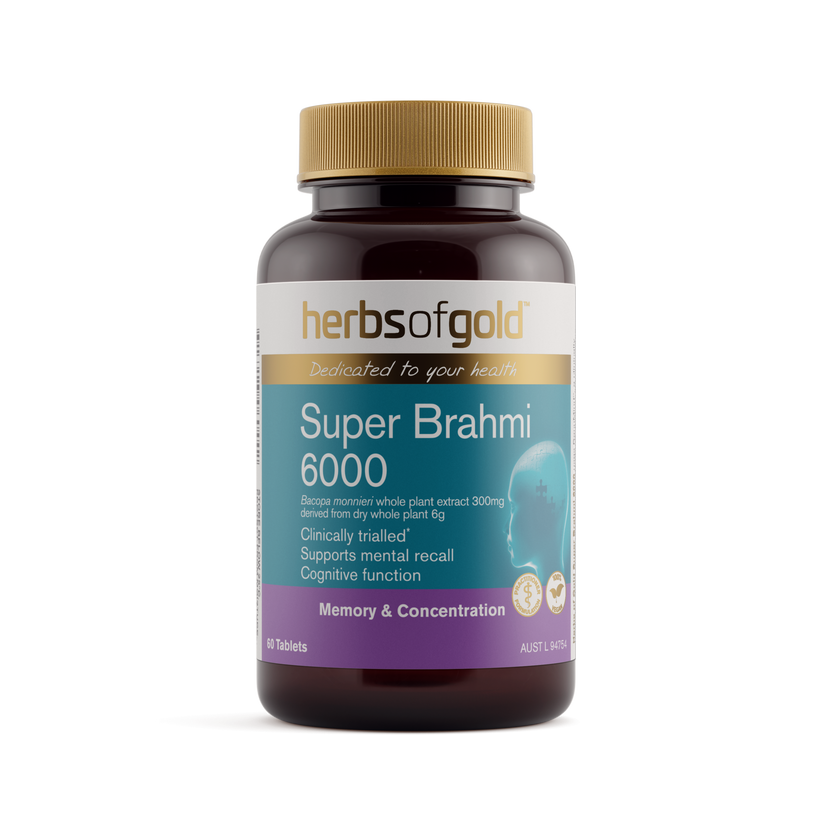How Do Nutritional Deficiencies Impact Memory and Attention?
Your brain needs fuel
to function, and that fuel comes from the food you eat. When your body lacks
key nutrients, it can start to affect how well your brain performs. Here’s a
closer look at how nutritional deficiencies can impact memory and attention,
and what you can do about them.
1. B Vitamins
Vitamins B6, B9
(folate), and B12 are critical for brain function. They help produce
neurotransmitters, which are chemical messengers in the brain that control
mood, focus, and memory. A deficiency in any of these can lead to poor
concentration, memory lapses, and even depression.
In Australia, studies
suggest that around one in ten adults may have a B12 deficiency, with
older adults and vegans being at higher risk. Symptoms can be subtle at first,
but fatigue, irritability, and memory trouble make it easy to dismiss.
Low folate levels have
also been linked to cognitive decline.
2. Iron
Most people associate
iron with energy levels, but it also plays a key role in brain function. Iron
is necessary for delivering oxygen to the brain and supporting neurotransmitter
activity. Low iron, particularly common in women of reproductive age, can lead
to slower cognitive processing and reduced attention span.
3. Omega-3 Fatty Acids
Omega-3 fatty acids,
especially DHA, are essential for healthy brain cells. They help maintain cell
structure and function, support memory, and improve mood. Deficiencies in
omega-3s have been linked to ADHD symptoms, depression, and cognitive decline.
4. Vitamin D
Low vitamin D levels
have been associated with cognitive impairment and poor attention. The Australian
Health Survey found that around one in four adults had a vitamin D
deficiency during the winter months. Since vitamin D receptors are found in
areas of the brain related to memory, a deficiency can significantly impact
cognitive performance.
5. Magnesium and Zinc
Both magnesium and
zinc are essential for proper nerve function and cognitive health. Magnesium
helps regulate brain signalling, while zinc is involved in memory formation.
Deficiencies in either can lead to brain fog, difficulty focusing, and mood
disturbances.
Final Thoughts
The brain is a
high-performance machine which needs the right fuel. A poor diet lacking key
nutrients doesn’t just affect your body; it can dull your mind, impact your
memory, and reduce your ability to concentrate.
If you’re struggling
with focus or forgetfulness, consider what’s on your plate. A balanced diet
rich in leafy greens, lean proteins, oily fish, nuts, whole grains, and
fortified foods can do wonders for your cognitive health. In case the diet
isn’t fulfilling, you can get natural supplements for memory concentration.



Comments
Post a Comment